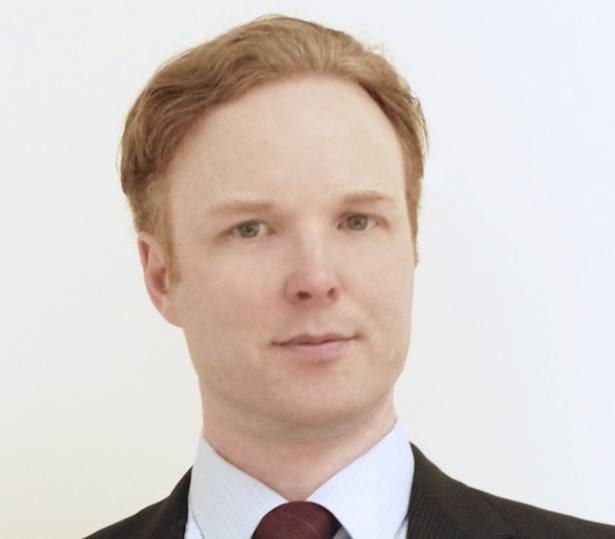
Openwork is to launch a discretionary fund management service in April as it takes on Towry’s former investment chief to run the new business.
The DFM service will use the firm’s range of specialist funds, which includes bespoke strategies run by the likes of Woodford, Schroders and Threadneedle.
Mark Duckworth, chief executive at Openwork, said: “The discretionary service is designed to appeal to those who desire one-stop access to some of the world’s best fund managers, but with the tactical asset allocation decisions outsourced to a dedicated investment team.”
Openwork's UK equity fund, managed by Neil Woodford, raked in more than £100m in the six months since it launched at the start of last year.
Mr Duckworth said the size, scale and buying power of Openwork, which is one of the largest advice networks in the UK, means it can offer the DFM service cost-effectively.
Openwork has also appointed Toni Meadows who will join the business as head of investment where he will be tasked with overseeing the portfolio management team.
Mr Meadows joins from Towry, which was purchased by the recently renamed Tilney Group last year.
He previously worked as head of investment service at the wealth management firm, and was also chief investment officer at Ashcourt Rowan back in 2015.
The new DFM service, will be available exclusively to Openwork advisers and their clients, and will aim to complement the existing Omnis ‘Graphene’ fund proposition.
Graphene launched in 2013 and offers three risk-rated model portfolios, cautious, balanced and adventurous.
Clients can either choose the new service with an additional charge, which has not yet been disclosed, or access the standard Graphene portfolios without any extra cost.
However, Blair Cann, certified financial planner at Hertfordshire-based M Thurlow & Co, was critical of advisers increasingly outsourcing their investments to discretionary fund managers.
"Like every IFA, I have access to risk assessment questionnaires and many providers have online specimen portfolios which are designed to match a particular risk profile."
This, he said, represents the basis for a discussion with the client.
"Once the asset allocation element is agreed, I think it is up to the IFA to select the funds based on a knowledge of the market, the fund manager’s reputation, and the fund charges.
"An IFA should then, depending on the amount invested, be willing to spread the risk by using more than one fund per asset class and back his or her own judgement."
Mr Cann argued this should all be part of an IFA’s offering and branding this outsourcing trend a "cop-out", adding: "Most importantly, it doesn’t guarantee a better outcome for the client."






